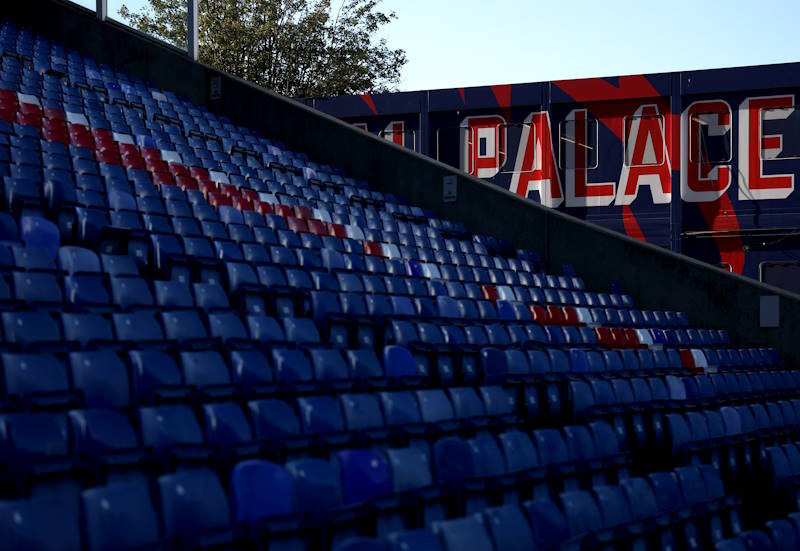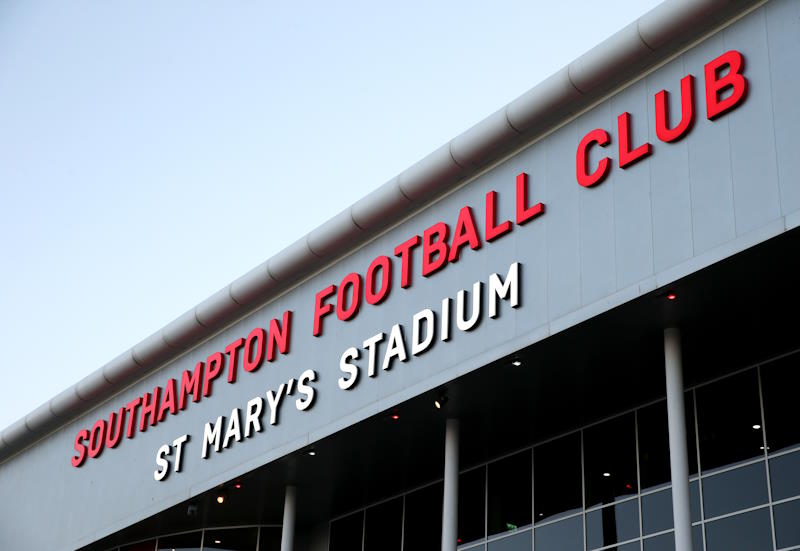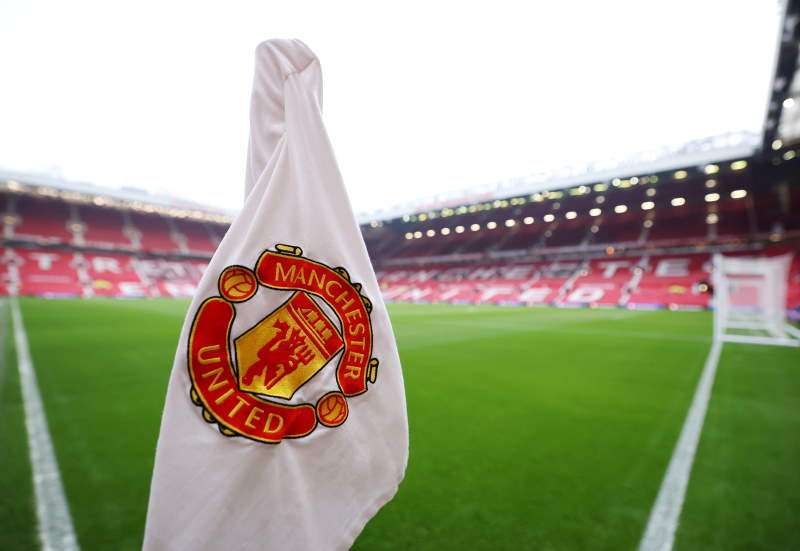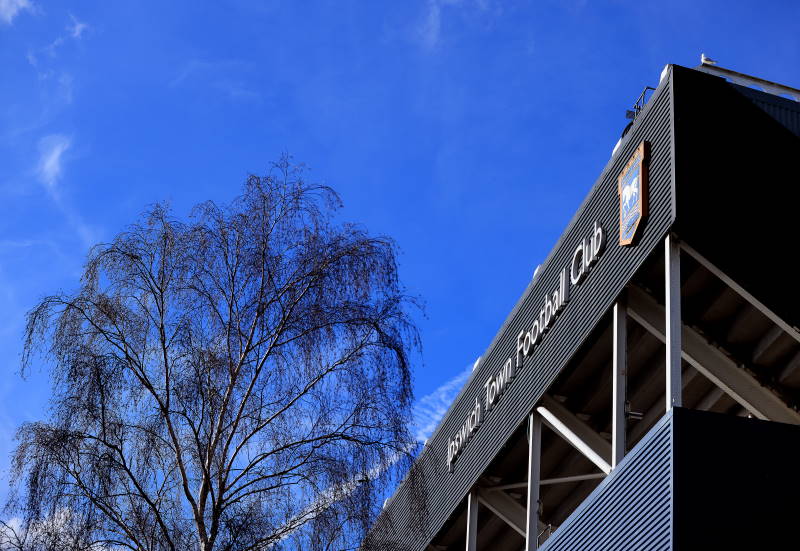
Mark Bateman
When the Premier League was founded in 1992, most of the clubs who took part in its inaugural season had squads consisting primarily of homegrown talent. In fact, English football teams would go on to produce dozens of gifted British footballers who in turn would go on to dominate the world scene for the next two decades.
Now though few Premier League clubs are ready to invest in their youth academies due to several factors, mainly the relative cheapness of buying players from abroad, the ease of signing an aspiring young star from the lower leagues, the pressure for immediate success and also the amount of time and effort it takes to nurture players. A solid youth system is seen by some big teams as a waste of resources.
To put it bluntly, because of the great riches that can be made by being in the top flight, clubs who gave young British players their chance years ago are reluctant to do so now.
However, it is not just the teams who are to blame; the Football Association is also at fault for the slowdown of future English players.
The men who run football’s top league preach a policy of nurturing youth, but are simply not doing enough to encourage the elite teams to produce more players via their youth set-ups. This has regularly seen the men in Soho Square at loggerheads with FIFA president Sepp Blatter who is keen to see a majority of foreign players in teams’ curbed and more chances for young players at clubs to establish themselves.
One team particularly guilty of not nurturing its own youngsters is Tottenham Hotspur.
Leeds United fans have had to watch in horror as their team, who only eight years ago were playing in a Champions League semi-final, fall from grace in spectacular fashion. During this time they have seen a number of emerging stars leave Elland Road on the cheap, several of whom headed for White Hart Lane. Aaron Lennon, Danny Rose and Paul Robinson moved to London for nominal fees and Tottenham have or will go on to make a massive profit on the re-sale of these players.
The last time Spurs produced a successful young player of their own was when club captain Ledley King burst onto the scene some 10 years ago. Since then, Spurs have pumped most of their substantial financial resources into signing players who have already established themselves, or they have signed rising stars from clubs lower down the football pyramid and developed them into the finished article. This approach involves less time and money than starting from scratch.
Of course, not all Premier League sides follow this example. Manchester United, who gave England the likes of Paul Scholes, David Beckham and Ryan Giggs in the early years of the Premier League are still bringing through youngsters to this day. However, due to the demand for immediate success in the top flight, whether it be challenging for honours or fighting for survival, few managers are prepared to give young players their chance in the first team.
Lower down the leagues, clubs like Leeds United are benefiting enormously from their youth set-up, even though demand for success is the same. Leeds now have players like Jonny Howson, Aidan White, Ben Parker and the much admired, Fabian Delph, in their team. These players have a bright future in the game and now that Leeds are no longer in a precarious financial predicament, rather than moving on to the Premier League prematurely they could be helping Leeds get back to the top flight.
Premier League teams seem to have forgotten that all footballers, whether they are British or foreign, started out as a trainee somewhere. Youth Academies help clubs be self sustaining and should the top flight’s riches run out, it will be the teams with the strong academies that will profit, not those who spend only for today.












